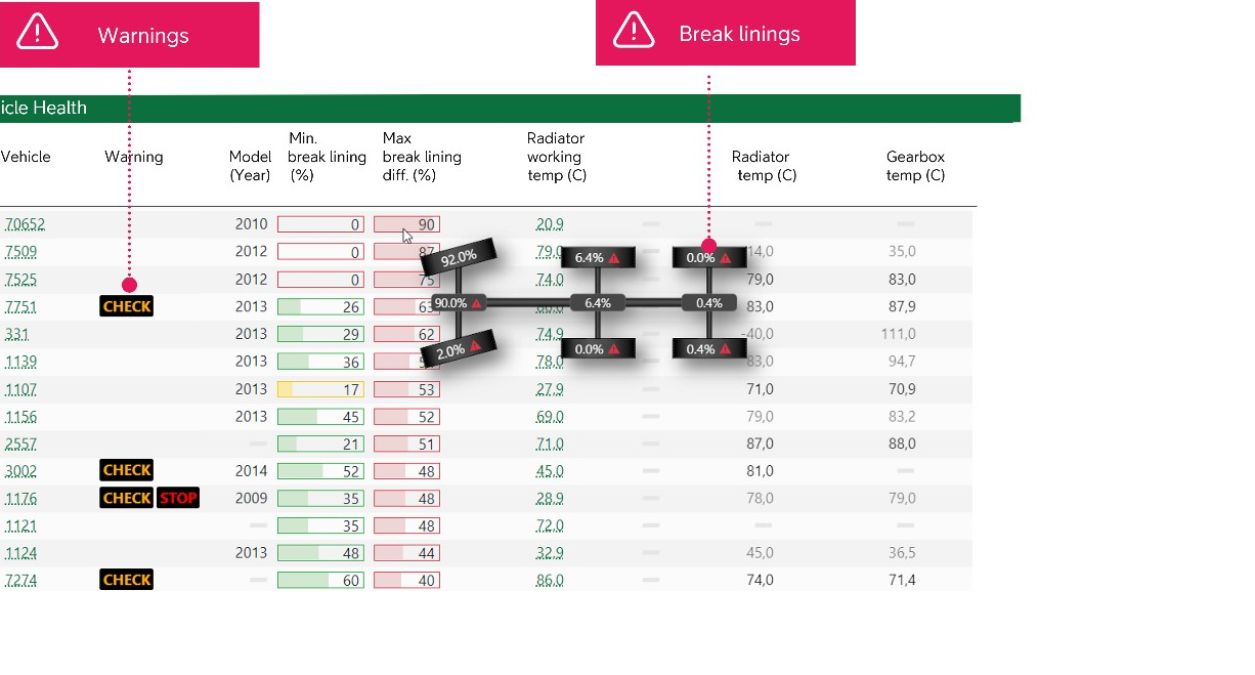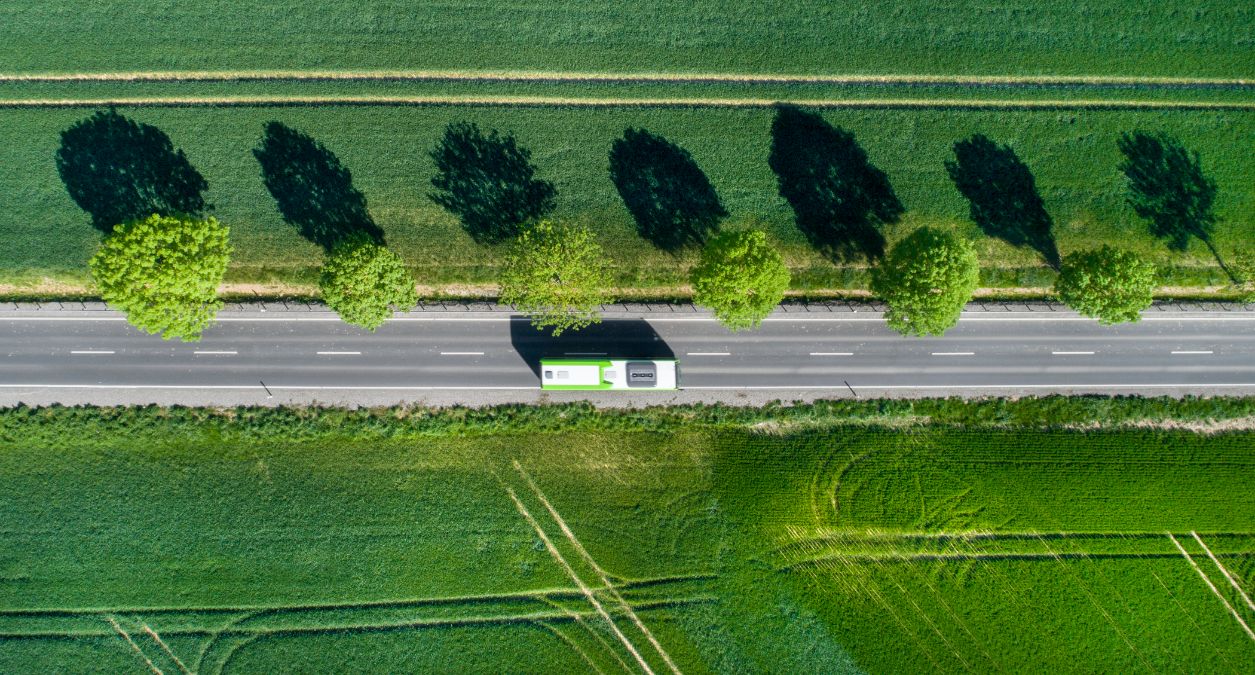Unlocking micro-sustainability in public transport
The macro benefits of public transport are clear: getting cars off roads opens cities for people and reduces CO2 emissions. But that’s just the start. Public transport has a lot of unrealized potential when it comes to micro-sustainability. By focusing on the details in public transport operations and optimizing every aspect, incremental gains can be achieved. And small but continuous gains – on a large scale – can make a significant difference.
Digitalization is a key enabler of micro-sustainability. Recently, we took a look at five trends in public transport. Now we look more closely at one of them: real-time data. With real-time data from each vehicle, it is possible to optimize efficiency and minimize energy wastage, costs, and CO2 emissions.
Why heat an empty bus?
Take for example vehicle climate management. From the outside this seems quite straightforward: making sure the bus is the right temperature for driver and passengers when it is due to go into service for the day. But compare that to how this has traditionally been achieved, and the potential is clear. Up until now, buses were warmed overnight to make sure they were ready for service – even if they were not scheduled for use until the middle of the day.
By automating the heating system of each bus – based on when it will enter service for the day – the amount of pre-heating required can be minimized. Operators simply set the parameters for when each vehicle will enter service and what temperature the bus needs to be. This data is combined with sensor data of the vehicle’s actual temperature and its heating system is automatically activated at the right time to ensure that it is warm, comfortable, and ready for driver and passengers. By not leaving the bus heating when it doesn’t need to be, 15000-20000 KwH can be saved per bus each year – as well as the costs and CO2 that comes with it. Multiply that by hundreds or thousands of vehicles in a fleet and the savings are large.
Drivers are key
While electrification offers a bright future; managing the transition from fossil fuel vehicles requires balance. One of the areas that can make a substantial difference is eco-driving services that give drivers a real-time feedback loop about how the way they drive affects fuel consumption and CO2 emissions.
EcoDriving targets “avoidable” fuel usage. By showing how acceleration, braking and idling patterns affect CO2 emissions – and showing how they could reduce them – drivers have been shown to reduce emissions by up to 12%.
 When this Nordic public transport operator measured their overconsumption in September 2018, it was 4,7 l / 100 km. Introducing EcoDriving had an immediate effect and one year later avoidable consumption was down to 1,7 l / 100 km
When this Nordic public transport operator measured their overconsumption in September 2018, it was 4,7 l / 100 km. Introducing EcoDriving had an immediate effect and one year later avoidable consumption was down to 1,7 l / 100 km
Fixing vehicles before they break
Maintaining a healthy fleet means staying one step ahead of mechanical problems. With real-time data from the digital systems on a bus, it is possible to monitor its ‘health’ and identify potential mechanical issues before they turn into problems. This reduces overall vehicle downtime and service disruptions.
By monitoring and analysing the performance of vehicles, it is also possible to assess their operational efficiency and ensure they are operating cleanly and cost-effectively.
Even a simple error such as an incorrect thermostat temperature can increase the energy consumption by up to 10%.

The remarkable thing about digitalization – when it’s done right – is that it can keep evolving. By using open IoT platforms and common standards, new ways of unlocking efficiency can be achieved with solutions that don’t even exist yet. And that’s the beauty of micro-sustainability. Once public transport operators have the foundations in place, they can keep finding new ways to reduce costs and CO2 and compounding the benefits.
Cookie notification
Cookies allow us to optimize your use of our website. We also use third-parties cookies for advertising and analytics. Please read our Cookie Policy for more information.

